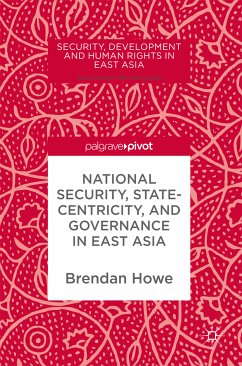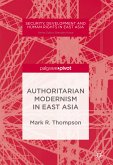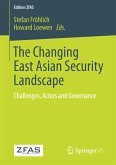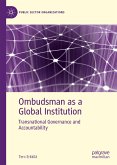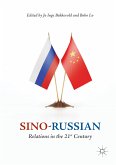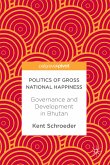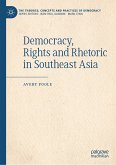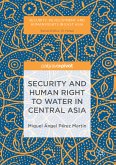-Ralf Emmers, Professor of International Relations, Nanyang Technological University, Singapore
This book assesses the extent to which an emphasis on national security and prioritization of state interests has dominated governance policy-making in Northeast and Southeast Asia, at the expense of human security, human development, and human rights. The findings are that in many cases, there are embedded structural obstacles to achieving human-centered governance objectives in the region. These relate to the role of the military, historical authoritarian legacies, and new authoritarian trends. Contributors examine not only the most obvious instances of military domination of governance in the region (North Korea with its "Military First" philosophy, Thailand since the 2014 coup, and Myanmar with its long history of military rule), but also less well known examples of the influence of conflict legacies upon governance in Cambodia, Timor-Leste, and Laos, as well as the emergence of new reservoirs of power and resources for the forces of authoritarianism.
Dieser Download kann aus rechtlichen Gründen nur mit Rechnungsadresse in A, B, BG, CY, CZ, D, DK, EW, E, FIN, F, GR, HR, H, IRL, I, LT, L, LR, M, NL, PL, P, R, S, SLO, SK ausgeliefert werden.

